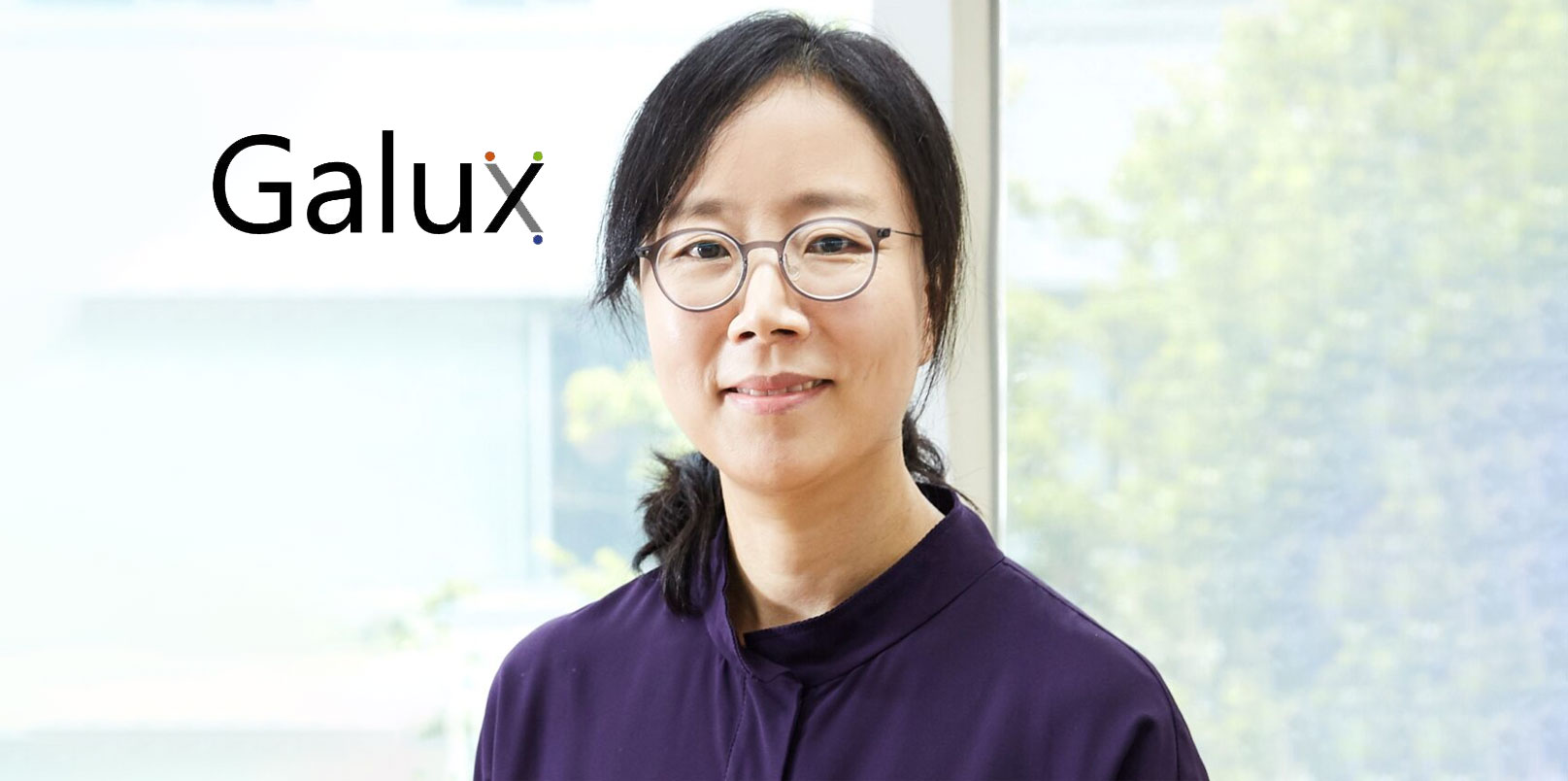Phil Nadel is a well-respected serial entrepreneur, angel investor, published author, and a frequent speaker at industry conferences and events. He has started and sold several companies and has invested in over 75 startups with several exits.
Phil co-founded Forefront Venture Partners (formerly Barbara Corcoran Venture Partners) in 2014 and has been its Managing Director ever since. Phil is also one of the investors on Gimlet Media’s The Pitch podcast.
Koreatechdesk.com conversed with Phil Nadel regarding his views about the startup industry.
1. As an investor, what kind of startups have you invested in and how did you find those startups?
We have a strong fundamental belief in the power of portfolio theory. Early-stage investors dramatically improve their odds of success (i.e., higher portfolio ROI) when they invest in a well-constructed, diversified portfolio of startups. We intentionally invest in a wide variety of startups across many industries and business models. We have invested in B2B companies and SaaS companies. Our portfolio includes: direct to consumer product companies like Grove Collaborative and Barn and Willow, software-as-a-service companies like SkopeNow and Chatmeter, hardware companies like Meural and NoiseAware and many more. Most companies we invest in are referred to us by trusted venture capital partners and some are referred to us through attorneys, accountants, founders of portfolio companies and LPs in our syndicate.
2. What’s your basic investment criteria in investing in startups?
Here are a few of our investment criteria:
- We only invest in companies that solve a real pain point for their customers.
- We only invest in post-revenue companies.
- We only invest in companies we great founding teams.
- We only invest in companies with enormous potential for growth addressing large target markets.
3. What is the investment range of your company and how much do you put into startups in a typical year?
Our investment range is $300k – $700k. We generally invest in 8-10 startups per year.
4. As per your experience, what are the main reasons that startups fail?
Startups fail because they run out of money. Reasons they run out of money or cannot raise more money include: they have not found product-market fit, have not identified efficient, scalable customer acquisition channels, their product or service is not significantly better than their competitors, the total addressable market is too small, they are too early to market, or they are too late to the market.
5. What’s your advice to entrepreneurs who meet investors like you?
Be authentic and transparent. We want to get to know you and your story and what inspired you to start the company. Tell us why you are passionate about tackling the problem you are trying to solve, why now is the right time and why you are the right team to do it. Give us a sense of the size of the market and how you (or intend to) acquire customers. Be candid about challenges you are facing and those you anticipate and be transparent about your KPIs.
6. How will you define the term “Global”?
It’s important for businesses to understand that we operate in a global marketplace. It’s never been easier to sell your products around the world and to source resources and talent from around the world. It’s important to understand the competitive landscape you face globally.
7. What are the important factors for Korean startups to consider for a US expansion?
Startups need to know of the cultural differences when expanding into additional countries. It’s critical to hire local talent with experience and contacts in that market. Make sure that the solution your product addresses in your home country is also being experienced in the countries you’re expanding into. If you sell an app that helps people find money to pay for college, for example, is that a problem students are facing in the new countries you are targeting?
8. As you know, our company name is “beSUCCESS”, what’s your definition of the term “success” as an investor or as an individual human being?
For me, success as an investor combines helping entrepreneurs grow their companies along with earning a good return on my investment.
9. What are the things you would do as prior if you could go back to 10 years ago?
If I could go back 10 years, I would have invested in Facebook and Uber!
10. When you come to Korea next time, what kind of Korean entrepreneurs and startups you want to meet?
I always want to meet smart entrepreneurs passionate about solving real problems for their customers in innovative ways. We are industry agnostic.






